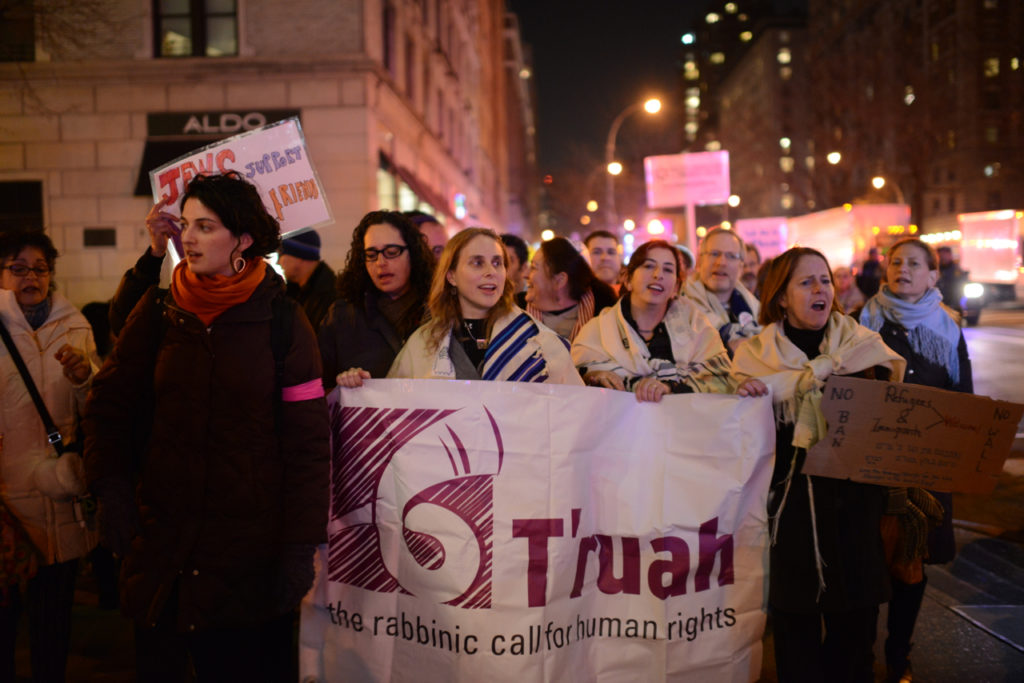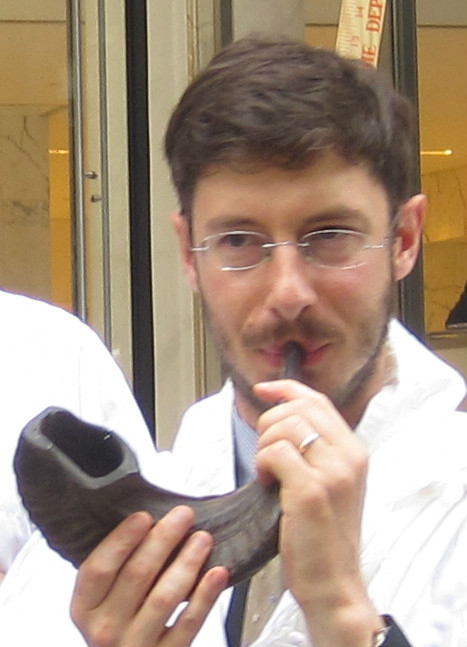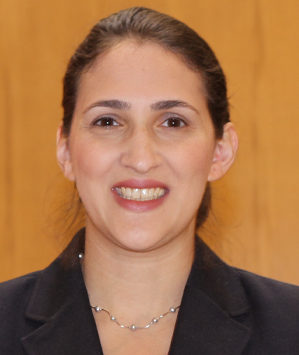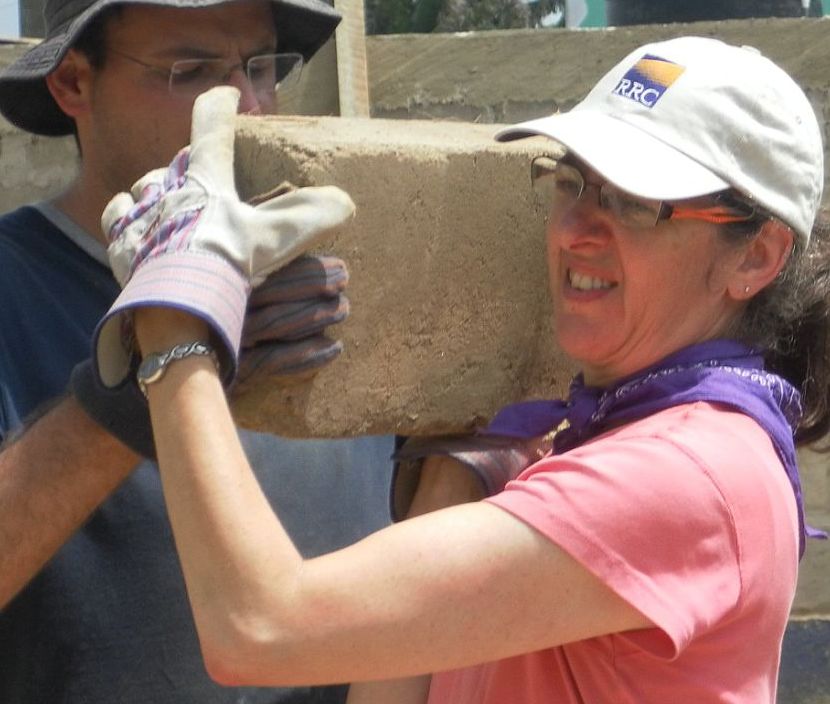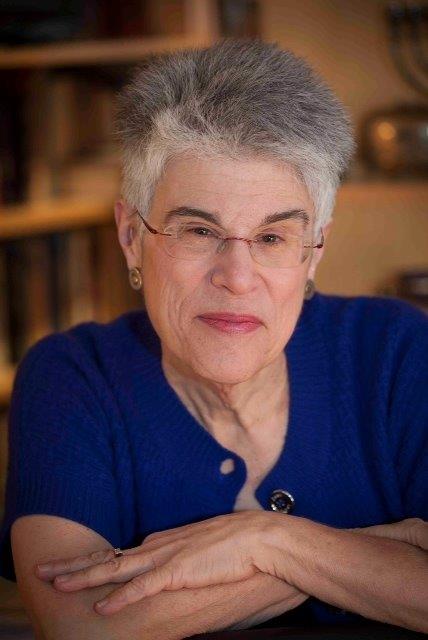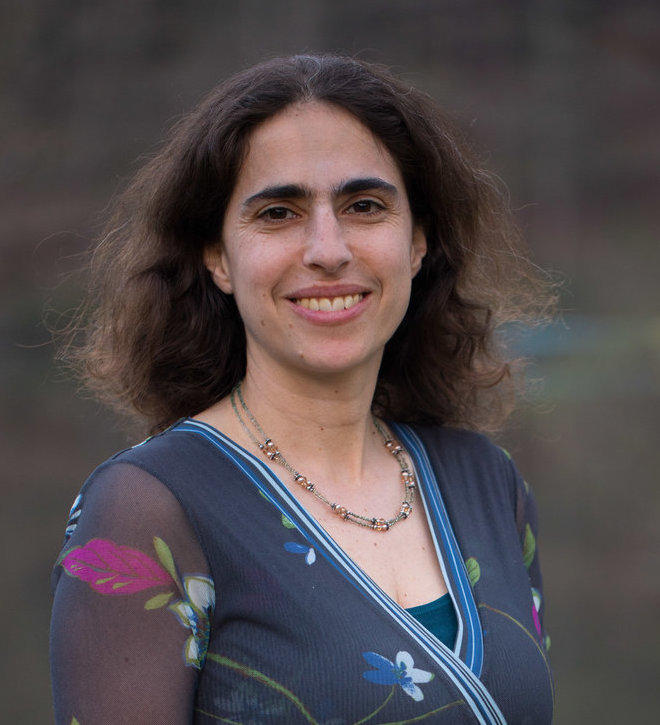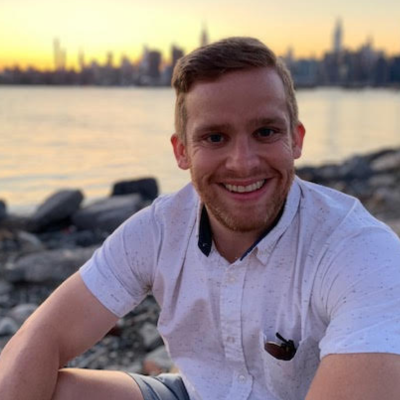
Yitro: The Jewish Case for Protecting Voting Rights in 2024
As inheritors of a multi-vocal Jewish tradition that welcomes dissent and minority opinions, allowing people the chance to freely, legally, and openly participate in the democratic process strikes me as very Jewish. So to look at some of these harsh policies that stifle the voices of the downtrodden contradicts so much of what we hold dear in Judaism.
read more

